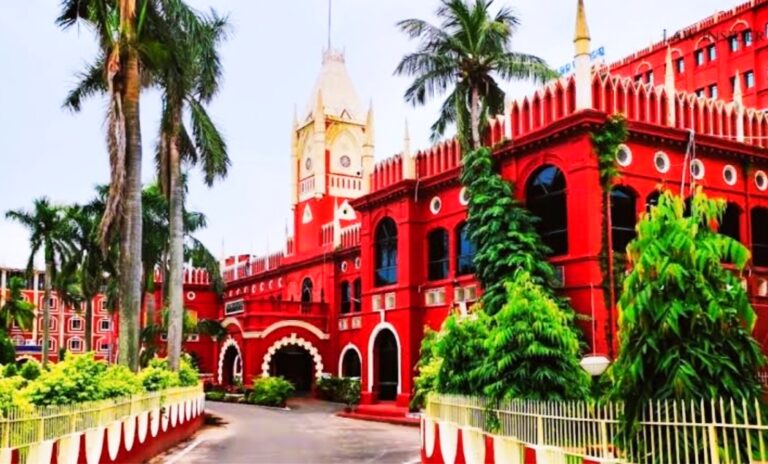Orissa High Court Asks AAAR to Revisit its Ruling of GST Levy on Go Cool
The Orissa High Court has made a significant ruling overturning the decision of the Appellate Authority of Advance Rulings (AAAR) regarding the Goods and Services Tax (GST) levy on items sold at Go Cool outlets. This decision came in response to a case involving Pioneer Bakers, the company behind the Go Cool brand.
Go Cool outlets specialize in offering a diverse range of bakery products including cakes, pastries, patties, pizzas, sandwiches, burgers, handmade chocolates, cookies, and beverages, all prepared on-site and served to customers. While some ingredients are sourced externally, certain items like chocolates and pizza bases are prepared in a workshop adjacent to the outlet premises.
 Initially, Pioneer Bakers sought clarification from the state’s Authority for Advance Ruling (AAR) regarding the classification of these items and the applicable GST rates. The AAR ruled that these items fell under restaurant services and were subject to a GST rate of five percent without input tax credit (ITC).
Initially, Pioneer Bakers sought clarification from the state’s Authority for Advance Ruling (AAR) regarding the classification of these items and the applicable GST rates. The AAR ruled that these items fell under restaurant services and were subject to a GST rate of five percent without input tax credit (ITC).
However, GST officers challenged this ruling before the AAAR, which subsequently overturned the AAR’s decision, stating that each item sold by the outlets should attract GST rates applicable to them individually.
Pioneer Bakers then approached the Orissa High Court, arguing that the AAAR’s ruling was based on a report by GST officers that they hadn’t been provided access to initially. It was only after filing a right-to-information application that the company obtained a copy of this report, which it claimed contained untested material and biased views.
The company contended that the report, gathered without their knowledge and not presented during the AAAR appeal hearing, should not have formed the basis for reversing the AAR’s decision.
In response, the Orissa High Court has directed the AAAR to reevaluate the matter, emphasizing the importance of providing the company with a fair opportunity to respond to any evidence or reports presented against them.
The ruling underscores the significance of due process and fairness in tax adjudication, ensuring that businesses have the opportunity to present their case and challenge any evidence presented against them. It also highlights the complexities surrounding the classification of goods and services under the GST regime, particularly in cases where multiple products are sold under a single entity.
To Know the Applicability of Transfer of Land Development Rights on Joint Development Agreement CLICK HERE
Read More
Karnataka AAR: Supply of Medicines and Food to In-Patients of a Hospital is Exempt from GST
GST Show Cause Notices Must Not Be Clustered: Madras High Court Verdict
